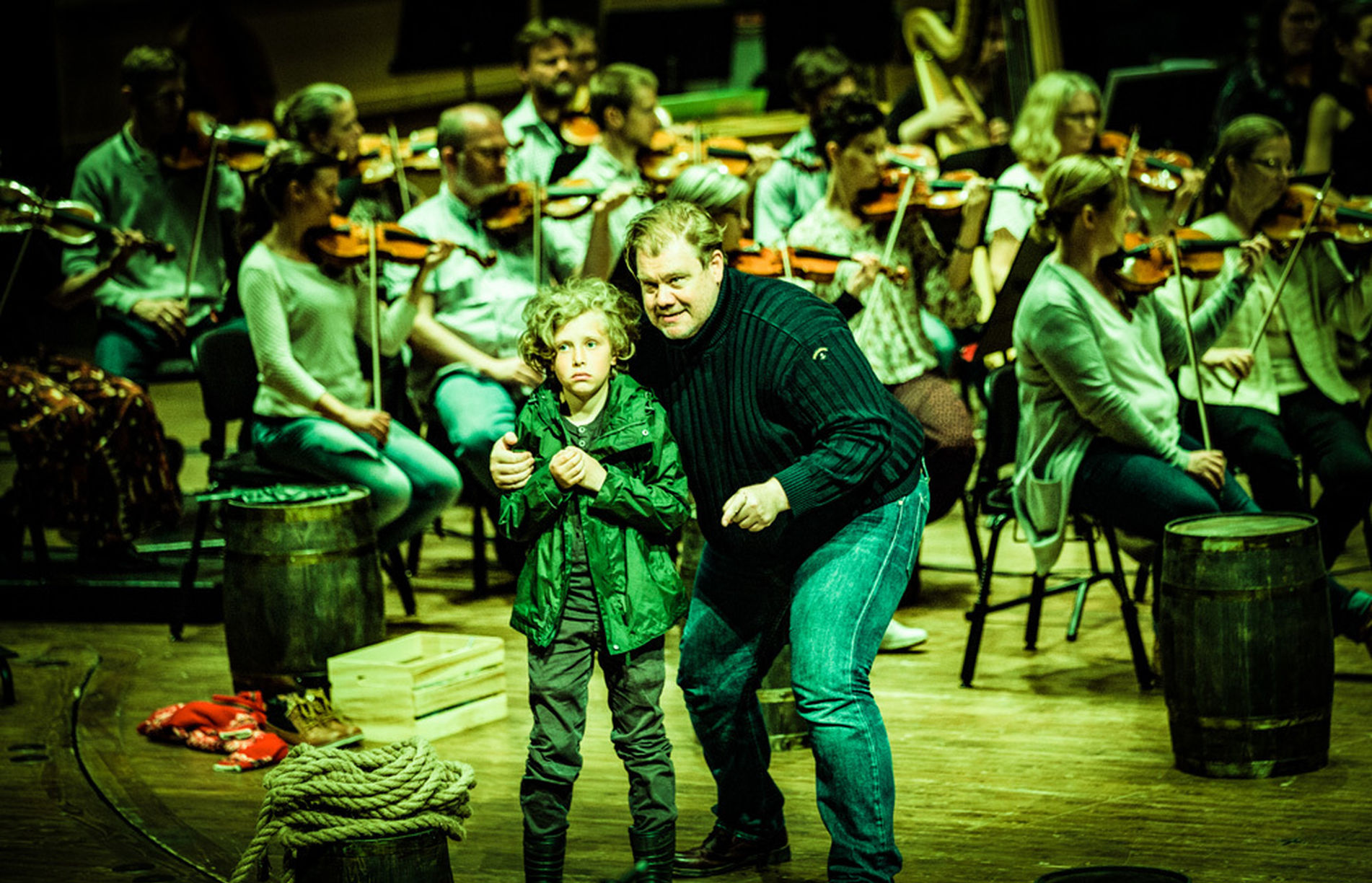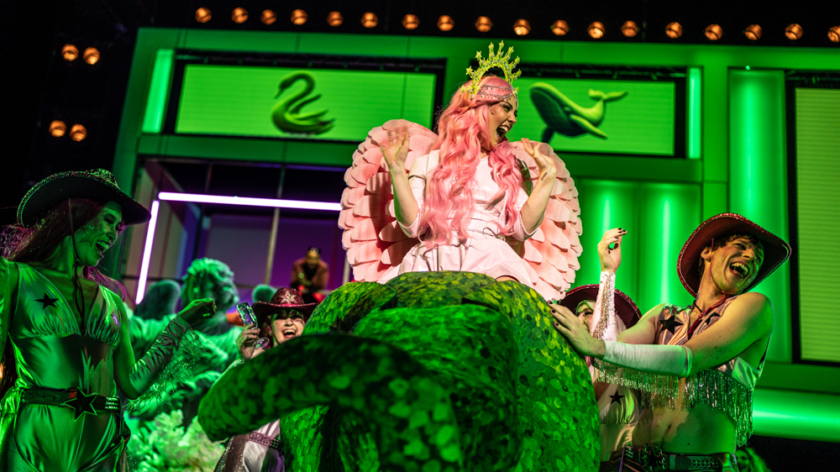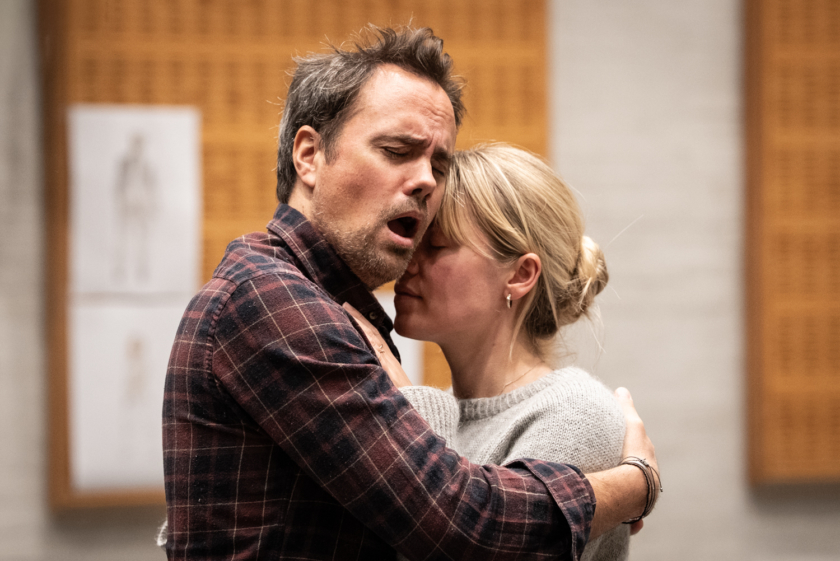The opera about the village animal
With his first opera Peter Grimes the young Benjamin Britten achieved instant international fame, and with good reason. In addition to brilliant and distinctive music the drama encompasses a universally recognisable phenomenon: the individual against the world, the outsider against the ‘village animal’.
When 28-year-old Benjamin Britten sailed home to England across a mine-speckled Atlantic Ocean in April 1942 after three years of involuntary exile in the USA, his luggage contained a book which was to become the basis of one of the greatest operas of the twentieth century. During his stay in America a radio lecture by the novelist E. M. Forster had drawn Britten’s attention to the eighteenth century poet George Crabbe from his own area, Suffolk in East Anglia. Crabbe’s epic poem The Borough depicts life among the characters in the little fishing village of Aldeburgh, including the fisherman Peter Grimes, an ostensibly vicious recluse.
The young exile immediately became seriously homesick. He suddenly realised where he and his universal music had their emotional roots, and in time he would make little Aldeburgh not only his home but also the venue for a music festival. The Aldeburgh Festival continues to delight audiences almost 60 years later. As the inscrutable Grimes says when incited to leave: ‘I am native, rooted here.’
Britten had left Britain in 1939 with his partner, the legendary tenor Peter Pears, for whom he wrote most of his major operatic roles and solo vocal music. With Europe inexorably marching into a new war, Britten’s and Pears’s committed pacifism was understandably an unpopular stance at the time. On returning home they felt the animosity, despite contributing to the war effort with charity concerts and tours. This, combined with having to keep quiet about their relationship – at the time still a criminal offence – is included in the outsider theme of the opera.
It opens like a detective story with an inquest: what has actually occurred before the start of the opera? How and why? One thing is certain: Peter Grimes’s former apprentice died at sea. Was Grimes responsible for his death? He is acquitted without a proper trial, intensifying the gossip. Though advised by the coroner not to, he gets a new apprentice, who also tragically falls to his death. Faced with this repetition of incidents Peter feels his fate is sealed: no one will believe him this time, so suicide is his only option.
To a certain extent the opera has only two main characters: the chorus of villagers, collectively a formidable dramatic force, and Peter Grimes himself. Such vital and virtuoso choral music had not emanated from British soil since (the imported German) Händel’s day. The last native Brit to write with the dramatic intensity and psychological insight necessary to give it place amongst the classics was Henry Purcell in Dido and Aeneas, some 300 years ago.
The choir in this case is the ‘village animal’ – a universal phenomenon in small communities irrespective of time and place, and mass suggestion contributes to the tragic outcome. The individuals, including Peter Grimes himself, are depicted as neither saints nor monsters, thanks to Montague Slater’s libretto and Benjamin Britten’s music. In particular Ellen Orford and Balstrode are notable for heroically resisting mass hysteria and actively supporting Peter against the mob. The others are less astute however and, in a flock, as in a choir, they become the predator running its prey to ground.
All three acts are divided into two scenes, each introduced by an orchestral prelude. Four of these have lived their own lives in the concert hall as Four Sea Interludes. The sea is ever-present, and the maritime atmosphere doubtless contributes to the classic status of the opera. At the same time however it is important to remember that these orchestral pieces are not only depictions of nature but also psychological reports and dramatic summaries.
Text: Eirik Lodén
English version: Roger Martin
Hear 'The Great Bear and Pleiandes' from Peter Grimes, with tenor Stuart Skelton, who also plays the lead role in our production:








